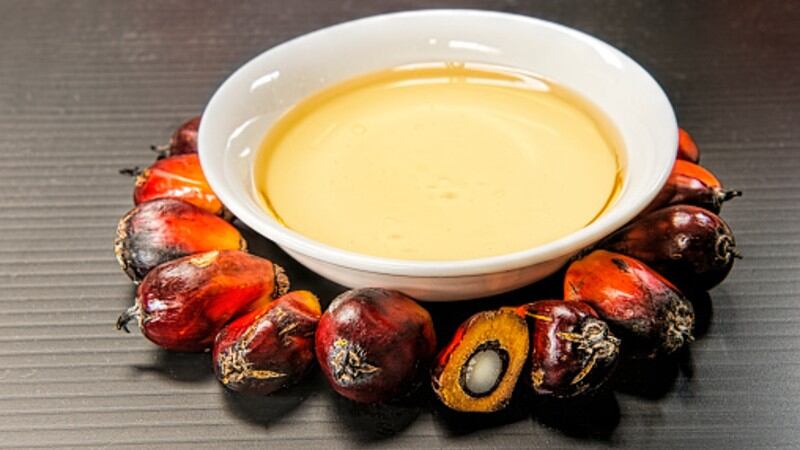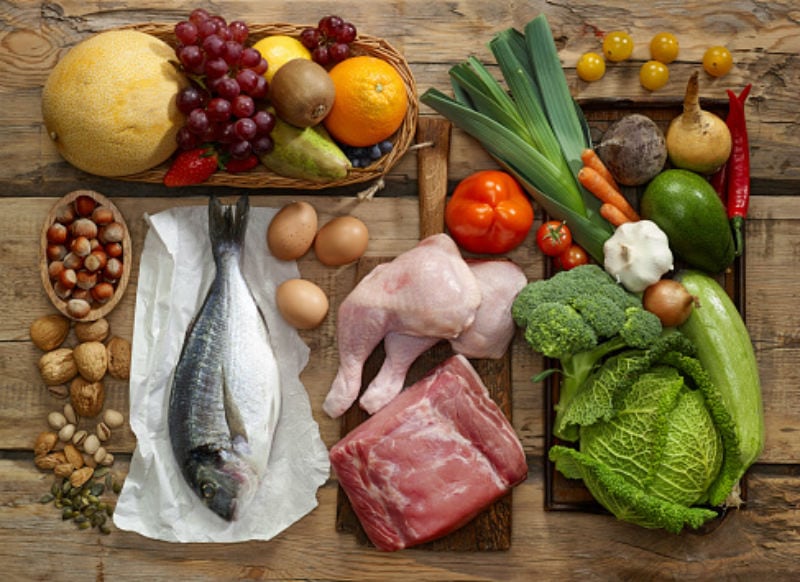According to data from the Malaysian Palm Oil Council (MPOC), palm oil prices on a global scale are expected to face a lot of uncertainty in 2021, as there are many key factors that could casue changes, all of which are subject to unpredictable changes.
“In 2021, we expect high price volatility in oils and fats including palm oil due to multiple factors such as the weather, pandemic recovery, economic stimulus and geo-politics - Changes in any of these fundamentals are likely to cause large price oscillations, so the market really needs to be on the lookout this year,” MPOC CEO Datuk Dr Kalyana Sundram said at the recent Palm Oil Trade Fair and Seminar (POTS) 2021 virtual event.
“For the most part though, Malaysia palm oil prices are expected to be high. This is because local crude palm oil (CPO) production is likely to stagnate [and result in a local supply] deficit - a classical scenario for higher CPO prices for most of 2021.”
Of note here is that high prices may be a good thing for the industry, but not for food firms using palm oil in their manufacturing as this translates to increased costs. MPOC predicts CPO average prices could rise to as high as RM3,850 in Q1 2021, and normalize to RM3,217 later in the year.
As for why CPO production is expected to stagnate, Datuk Sundram explained this is due to the weather.
“In general, in 2021 global palm oil supply is expected to also be affected due to a La Nina weather pattern. In South East Asia, disruptions from persistent heavy rainfall are likely to lead to tight global supply – Malaysia [is already seeing heavy rains now] and this is expected to continue in January and February which will affect production.”
In addition, 2020 production was already affected by national policies to control COVID-19 such as lockdowns and border closures especially in Malaysia, resulting in a lack of manpower in oil palm plantations.
“Malaysia is reliant on a migrant workforce in the palm oil sector, so these measures led to a severe labour shortage and a lack of sufficient and consistent manpower in plantations, thus a decline in productivity to harvest,” he said.
Of note is that Malaysia’s borders have remained closed to foreigners since the height on the COVID-19 pandemic so no new manpower will been able to enter the country for some time, especially as a new surge of infections is currently ongoing in the country.
Challenges from the west
In addition to production challenges, the palm oil sector is also facing an uphill battle with several western countries over policies or bans that have been enacted in the name of sustainability and/or human rights.
“We are very troubled by some of the things happening in the EU including acts and legislations such as the Farm-to-Fork strategy, Deforestation Free and Nutri Score/Traffic Light labels. [There are also] anti-palm oil lobbyists who have continued efforts to block palm oil despite rising food security requirements around the world being challenged during the pandemic,” said Datuk Sundram.
“All of these are anticipated to have negative impact on markets for palm oil - In view of the Renewable Energy Directive (RED) II act, we’re already seeing certain nations like France and Denmark acting [on palm oil] ahead of the timeline which will be a challenge in general. All of these need special address by MPOC and the Malaysian government, which we are currently looking into.”
The United States also recently placed bans on two major Malaysian palm oil producers FGV and Sime Darby over human rights violation claims.
Local Ministry of Plantation Industries & Commodities Secretary General Datuk Ravi Muthayah said at the event that Malaysia will be taking steps to protest against EU policies which are detrimental to palm oil.
“Malaysia will be raising our trade concerns regarding the EU’s RED II directive at the World Trade Organisation platform via various meetings such as Technical Barriers to Trade (TBT), Council for Trade in Goods (CTG) and Committee on Trade and Environment (CTE),” he said.
“[There is now also] a proposal to revise Malaysia’s Free Trade Agreement (FTA) with the EU [as] we are concerned about the EU Green Deal which says any products entering the EU supply chain must comply with their sustainability requirements, which will just impose additional burden on the palm oil sector to export there.”
Silver linings
Despite all the challenges above, the MPOC still views 2021 in an optimistic manner for palm oil.
“Malaysia is targeting APAC and African markets as key export destinations in 2021 – we believe these are important markets due to their to large populations, and a desire for oils and fats as an important part of the food supply chain, viewing [palm oil] as an affordable option for their diets,” said Datuk Sundram.
“China is the only country worldwide to show a higher positive 8.2% GDP growth which will lead to increasing per capita income and higher demand for palm oil, especially for bakery and confectionery. This is in addition to rapid infrastructure development creating better access for palm oil products to reach markets in inner regions like Chongqing and Szechuan.
“We also expect demand in the Philippines to increase as typhoon damage caused low coconut oil production and a widened price gap between palm and coconut oil (US$517/MT in November 2020 as opposed to US$289/MT in August 2020). This premium is expected to remain in 2021.”
The Malaysian government also has national plans to boost the palm oil industry – According to Datuk Ravi, one of the main ways it hopes to do this is to place focus on value-added palm products.
“We’ll first look at accelerating productivity via R&D&C and technology [and alongside this] Malaysia will also intensify value-creation by increasing investment in the downstream palm oil sector,” he said.
“This means we’ll be looking at new product applications in sectors such as food and beverage, diversifying the products made with palm oil and see how to increase the complexity of these products. This is to improve the value of the products so that we can move beyond just exporting crude palm oil as a commodity.”





